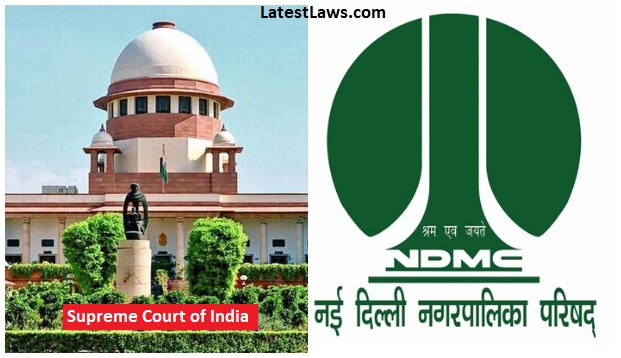January 23, 2019:
On Tuesday, SC decided appeals filed by New Delhi Municipal Council (NDMC) against the judgment of Delhi High Court in a batch of writ petitions filed by the persons who have their houses/properties in NDMC area.
In those writ petitions, the assesses had challenged the constitutional validity of NDMC (Determination of Annual Rent) Bye-laws, 2009.
These Bye-laws changed the earlier regime of determining the rateable value for the purposes of levying property tax. They seek to determine the rateable value on the basis of the annual rent at which the land or buildings may reasonably be expected to be let from year to year. On that basis annual rent used to be fixed and a particular percentage was prescribed for the purposes of payment of property tax.
These impugned Bye-laws have been framed by the Government of India in exercise of powers conferred upon them under sub-section (1) of Section 391 of the New Delhi Municipal Act, 1944. Section 63 of the said Act deals with determination of annual rent. Various grounds were raised challenging the validity of these Bye-laws and that the language of Section 63 did not permit determination of annual value on such a basis.
In the impugned judgment, Delhi High Court accepted the submission of the assessees holding that the impugned Bye-laws are ultra vires the NDMC Act as they are far beyond the scope and ambit of the powers vested in NDMC under Section 388(1)(A)(9) of the Act which gives rule making power to the NDMC.
SC observed that these Bye-law were framed in the year 2009 and they were struck down by the High Court vide impugned judgment dated 10th August, 2017. That at present, 95% of the assessees have paid their tax as per Byelaws 2009. In these circumstances, to upset the applecart completely may not be appropriate. In such a peculiar situation, in exercise of powers under Article 142 of the Constitution, the Apex Court directs that those assessees who have paid the tax as per Bye-Laws, 2009, their assessments shall not be reopened. However, it will not apply to the respondents namely, those assessees who were the writ petitioners in the High Court. In their cases, the direction given by the High Court in the impugned judgment shall prevail.
Read Judgment @ LatestLaws.com
New Delhi Municipal Council Etc. vs Association of Concerned Citizens of New Delhi & Ors 22-01-2019 by Anonymous P3qxYB on Scribd
Picture Source :

























